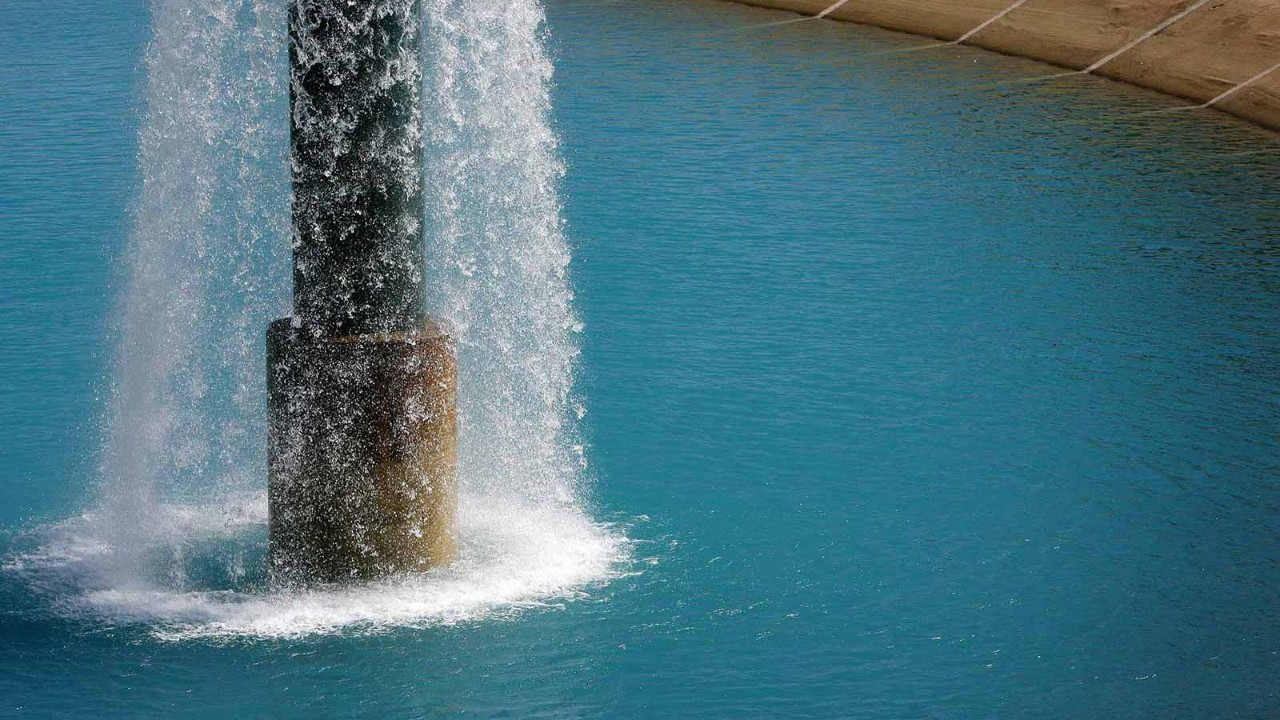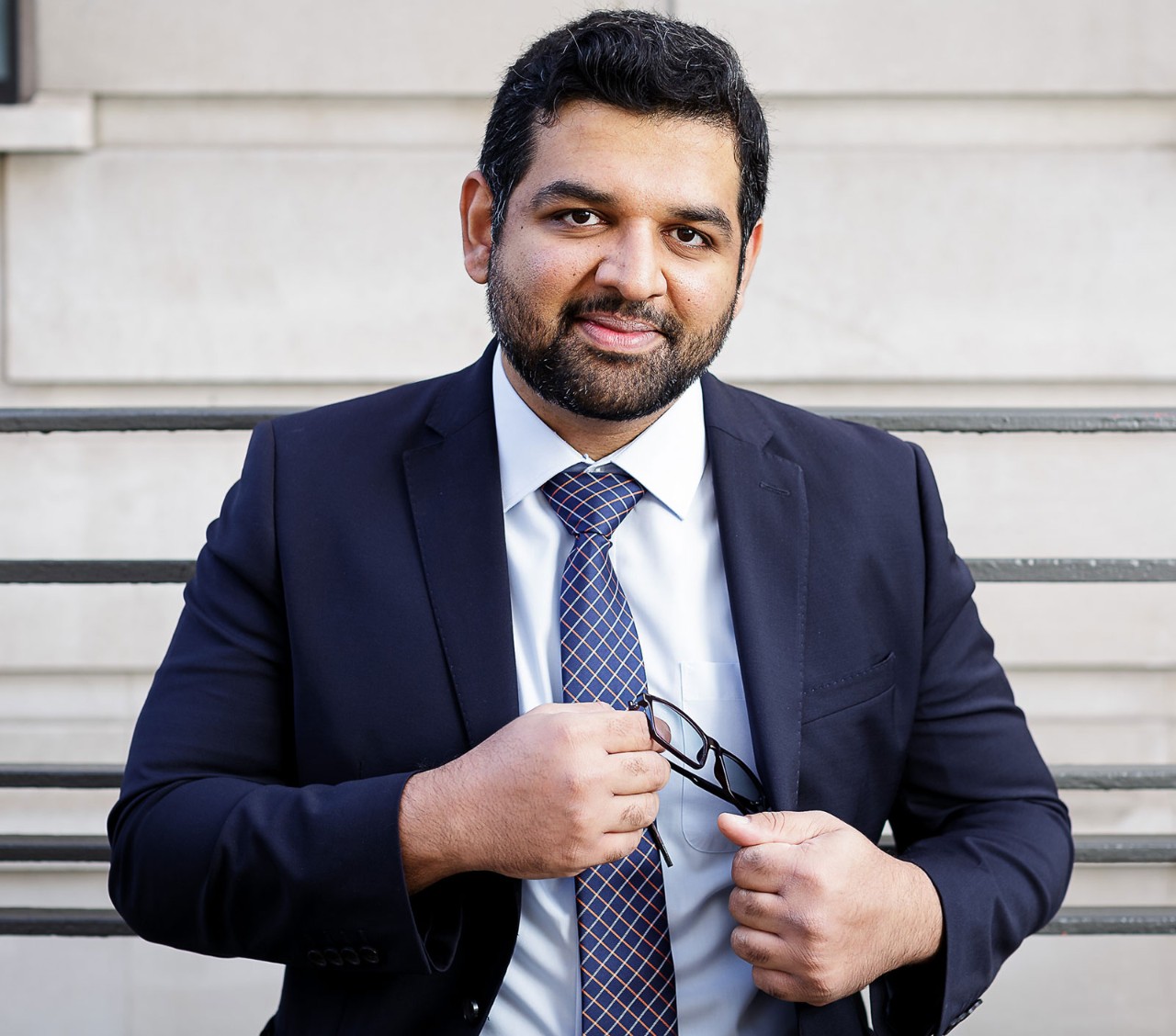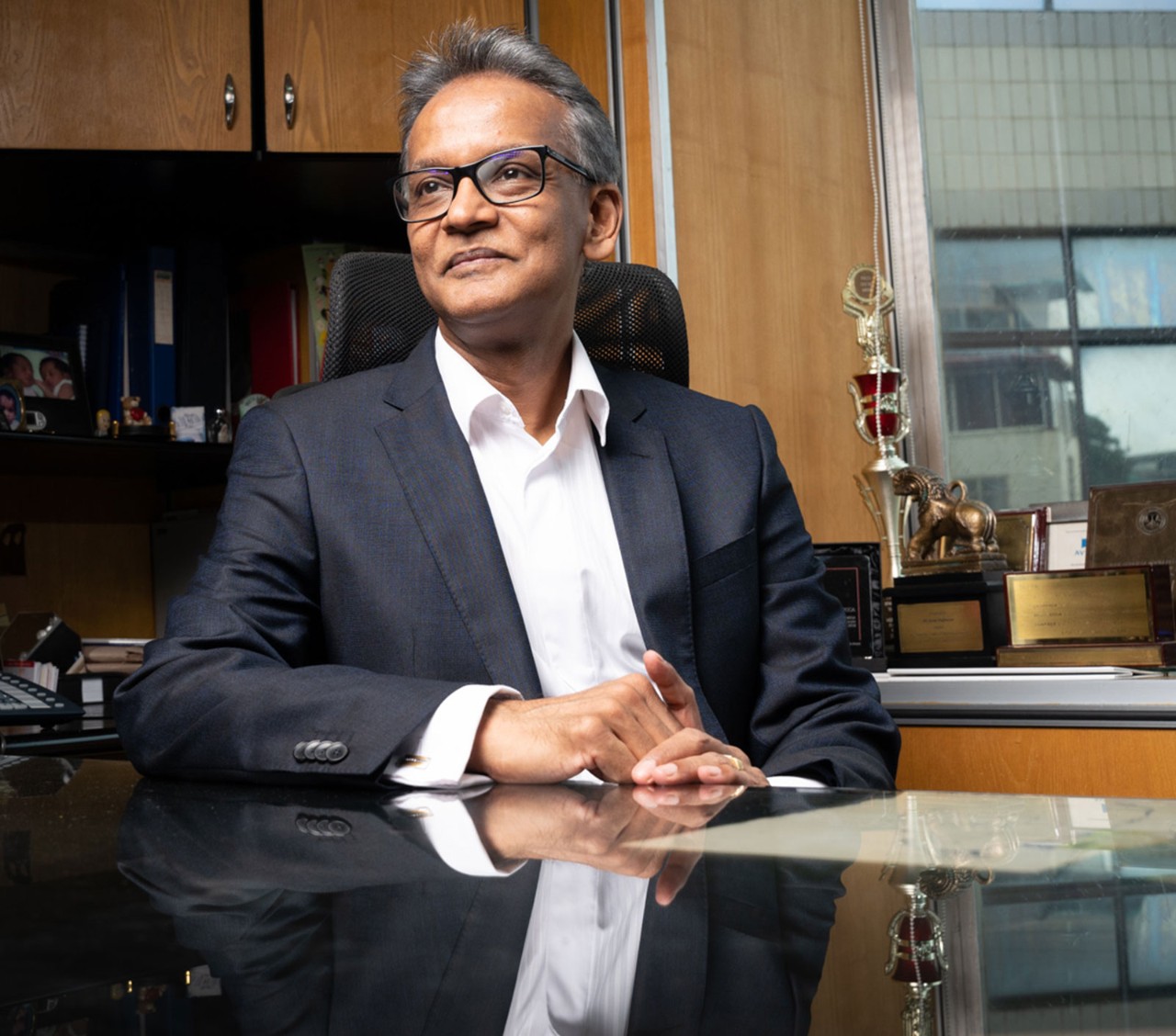
Recovery from the twin shocks of Covid-19 and plummeting oil prices in 2020 has added impetus to Saudi Arabia’s ambitions to privatise great swathes of its government-owned industries, utilities and services. The programme is a key part of the kingdom’s wider Vision 2030 aspirations to move away from an oil-centric economy to one that is more sustainable and less susceptible to global oil-price fluctuation.
In July, the long-awaited Private Sector Participation (PSP) Law came into force, a move that will add greater clarity to how the private sector can become involved in the privatisation of public sector assets and public private partnerships (PPP).
At the time, Rayyan Nagadi, CEO of the National Centre for Privatization & PPP (NCP) – the Saudi government body responsible for the rollout of the programme – said it would raise the level of transparency, fairness and integrity over the procedures for tendering PPP and privatisation contracts. The NCP recently released its Privatization Program 2025, highlighting potential targets including PPPs and asset sales in sectors such as water, agriculture, transport, health and education.
‘If a sustained and attractive privatisation programme can be properly initiated, it will send a clear “We are open for business” message to the world’
Regional roundup
The Saudi government is among a number in the region that are expanding their respective privatisation strategies, according to the Oxford Business Group, in part as a response to the Covid-19 pandemic.
In Oman, for example, local media recently reported that the government was looking into selling its 54% stake in the Oman Cement Company. The country has a pre-pandemic track record of championing privatisation. Its first major sale was of a 49% stake in Oman Electricity Transmission to the State Grid Corporation of China, at the end of 2019.
It has also been reported that Abu Dhabi is considering the sale of a 10%, US$4bn stake in the Abu Dhabi National Energy Company, known as Taqa, which is the emirate’s largest utility. It is thought that Taqa’s ongoing shift towards renewable energy – it plans to increase the contribution of solar and wind to 30% of production over the next decade – could enhance its attractiveness to international investors.
Meanwhile, in March, Bahrain held the Bahrain Metro Market Consultation, an initiative designed to find private companies to form a public-private partnership to develop its metro system. The launch of international tendering for the project is expected later this year. It is estimated that the project will cost more than US$1bn, and potentially as much as US$2bn.
HE Mohammed Al-Jadaan, the Saudi finance minister, put some flesh on the privatisation programme’s bones at a recent G20 infrastructure summit, when he announced that it aimed to raise US$55bn. ‘Through these partnerships, we are working to reduce government management of services and increase private sector participation in many areas, such as managing and financing health infrastructure, city transportation networks, school buildings, airport services and water desalinisation,’ the minister said.
‘The driving force is to create better and more cost-effective planning and efficient delivery, reducing material and energy usage for a better planet.’
Positive impact
The PSP Law, along with the PPP regulations and guidance, should have a positive impact, according to Maarten Wolfs, PwC partner and government and infrastructure advisory leader for the UAE. ‘It demonstrates that, from a policy perspective, the idea of state-owned assets being sold to the private sector is acceptable to the Saudi government,’ he says.
‘The Saudi PSP ambition is very important,’ Wolfs adds. ‘If a sustained and attractive privatisation programme can be properly initiated, it will send a clear “We are open for business” message to the world.
Fayyaz Mahmood FCCA, senior programme design consultant at the Saudi Industrial Development Fund, notes that the programme will form an important part of the wider Vision 2030 plan and will start to gain some traction now that the PSP Law has been passed – not only with domestic investors but also those from abroad. ‘The legal framework is now there to support disputes resolution, for example, and this will boost investor confidence,’ he says.
Mahmood adds that access to finance will be improved, and that the suspension of a requirement to foreign investing companies to have Saudi nationals in their senior leadership will create a further incentive.
Share divestment
However, as Wolfs points out, there is already an active PPP privatisation programme in the kingdom, with the first wave of power and water ‘build, operate, and transfer’ schemes running for over 20 years. ‘Through the NCP, this has expanded to include social infrastructure, government buildings, schools and hospitals,’ he says.
‘The success of this programme lies in the bankable offtake or unitary charge mechanisms which are well understood by banks and finance providers the world over. The next wave will look more closely at divestment of shares in government assets.’
Wolfs believes that assets such as water or power systems could be sold to large international operators that specialise in upgrading systems and bringing technology solutions to bear. Other assets may be more suited to domestic or regional investors and developers.
Finance opportunities
There will, understandably, be opportunities for finance professionals, as domestic and foreign investors will be looking for additional assurances before moving forward with either PPPs or asset sales. ‘Accountants and consultants will be very important in due diligence work,’ Mahmood says. ‘Valuations will need to be realistic.’
Wolfs agrees: ‘These are all complicated deals and the region will initially have to look to international expertise – legal, financial, tax and accounting advisory – to help get these programmes under way in a bankable manner.’


